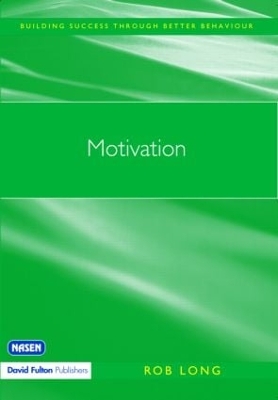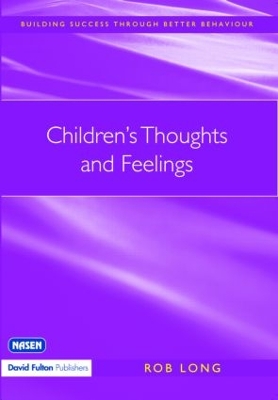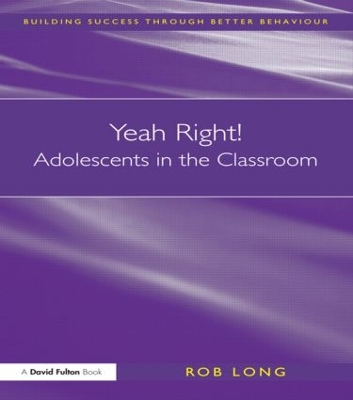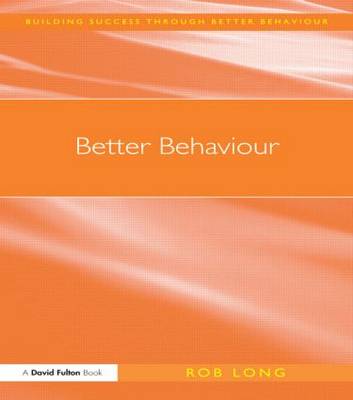nasen spotlight
10 total works
If teachers can motivate pupils, their job is more than half done! Knowing how to interest and motivate pupils is a skill, which separates the "great" teacheres from the mediocre, This book will inform and inspire staff and give them confidence in dealing with pupils who are not naurally "teacher pleasers". This book examines:
- how personality affects learning styles
- assessment tools and interventions
- how to reach the hard to teach.
Good communication between teachers and pupils, and between pupils themselves, helps to build a good learning environment where all pupils can achieve. This book covers key communication issues including:
- forming sound relationships
- understanding non-verbal behavior
- accentuating the positive and eliminating the negative.
Understanding how children think and feel is the key to buiding good relationships in the classroom. This book looks at:
- underlying causes of emotional conflicts
- the nature of maladaptive coping mechanisms
- why boys tend to "act out" and girls ten to "act in"
- interventions to promote the use of adaptive coping styles.
Many children with emotional and behavioral difficulties behave well in a one-to-one situation with an adult. It is when they are in a group with their peers that their behavior deteriorates dramatically. The more teachers understand about group dynamics, the better equipped they will be to support children who find such skills as turn-taking and sharing difficult. This book looks at:
- group skills
- managing difficult groups
- the group leader.
Schools are often faced with dealing with children who have mild forms of obsessive compulsive disorder. Through increased understanding, staff can support children with minimum stress. This book answers questions including:
- What is obsessive compulsive disorder?
- What are the causes?
- How can school staff help the sufferer?
Is there more disruptive behavior in schools today?
The simple answer to this often asked question is probably yes. But the reasons lie more outside teenagers than inside. For too many teachers there can be an attitude of: "I was a teenager once, therefor I know what it is like." But we all develop in a unique time and the issues are unique to that period. Pressures differ, fears differ. There are times when schools are seen to be part of the problem rather than the solution.
A sense of loss can have a very disturbing affect on children and can come about not only as a result of bereavement, but also after divorce/seperation, moving away from friends, moving between foster homes etc. This book looks at:
- understanding loss
- how different children react to loss
- listening to troubled children.
The comprehensive all-in-one approach to behaviour management, this omnibus edition of Rob Long's best selling Better Behaviour series brings together his eight titles in one handy volume, addressing all of the different yet overlapping behavioural issues teachers face on a daily basis in the classroom.
An expert in the field of behaviour management, Rob Long draws on his vast experience to describe the behavioural challenges presented by children and adolescents, with straightforward advice for all adults working with them - whatever the setting. The Rob Long Omnibus Edition for Better Behaviour:
- outlines the particular issues involved
- improves understanding of children's behavioural difficulties and why/how they arise
- suggests positive ways of dealing with challenging situations
- describes good practice that can pre-empt and alleviate problems.
This invaluable compendium resource covers everything you need to know about dealing with behaviour in the classroom and beyond, and is a vital must-have text for all teachers and those working in educational settings.
Many children have all sorts of difficulties in their lives, which set up barriers to learning; this book explains how teacheres can help them to face personal challenges. This book includes:
- ideas for "stress-proofing" children
- guidance on teaching problem solving skills
- explanations of cognitive behavior therapy.








